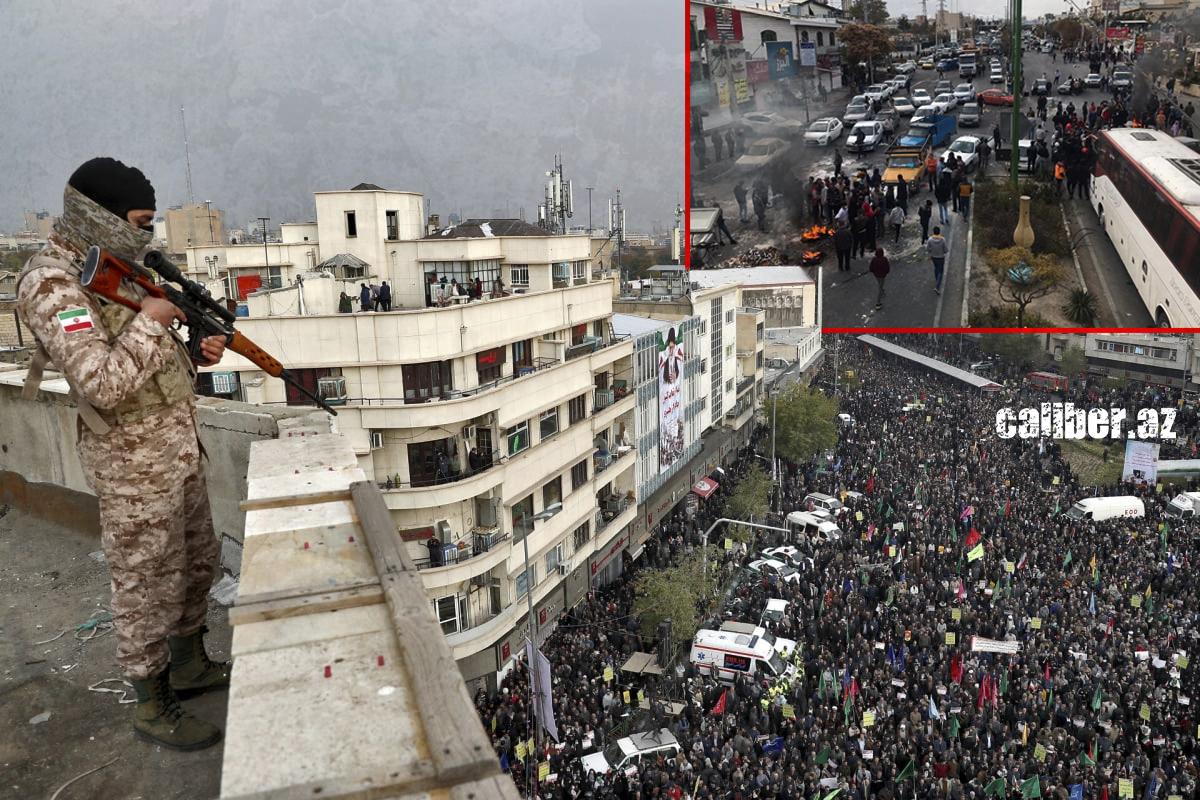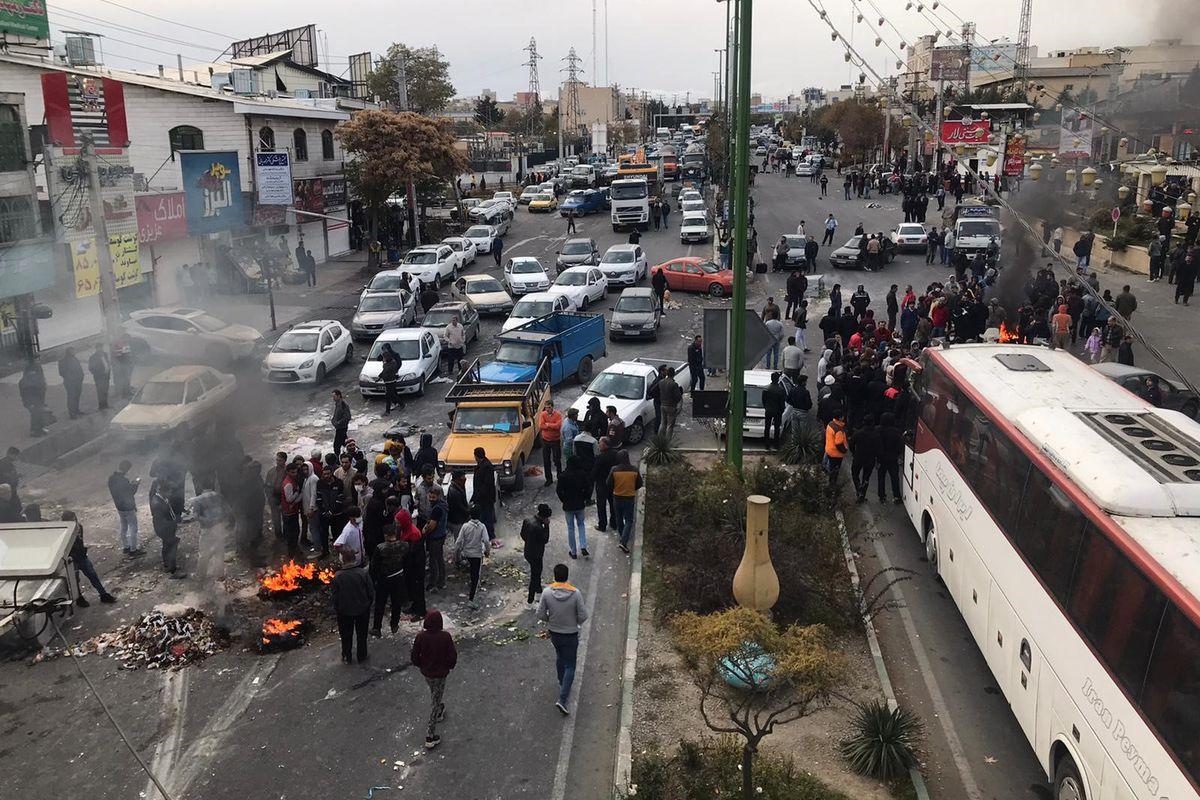The reasons behind the wave of protests in Iran Maxim Petrov's analyses
Several large waves of protests erupted in Iran last month. Teachers, factory workers, farmers, and nurses went on strike or street demonstrations. What is this about?
The Iranian economy is in a deep crisis, caused both by heavy U.S. sanctions and by mismanagement of the economy. The U.S. has imposed sanctions on almost every sector. But particularly painful are the measures that have banned oil exports, which once provided about 90% of the country's foreign exchange earnings and about 40% of social spending.
On the other hand, the Iranian economy suffers from corruption and nepotism. According to various estimates, up to 80% of the economy is controlled by representatives of the Islamic Revolutionary Guard Corps (IRGC), the most important structure in the Iranian state. It is the country's second army, to which religious soldiers and officers are selected. But the Guards also directly or through their proxies control the country's heavy and defense industries, telecommunications, water resources, much of the country's agricultural production, export-import operations, and much more. With effective immunity from criminal prosecution, the Guards obtain the highest positions in the regime's bureaucracy. They appoint their people (usually relatives and friends) to all sorts of agencies and state-owned companies and run state-affiliated private businesses. As a result, a huge part of the country's economy is run by incompetent and corrupt people, relatives or friends of the IRGC members, who pocket a large part of the financial flows and, at the same time, can rely on government subsidies, which only encourages their mismanagement.
All the above-mentioned factors lead to different consequences, such as high inflation (about 50-60%) and unemployment (especially among young people). More than half of Iranians are at or below the poverty line. Mismanagement of limited water resources resulted in the rapid desertification and water scarcity in Iran, affecting about one-third of the country's 90 million people. Rivers such as the Karoun and Zayanderud are drying up, and farmers are being deprived of their farms because they do not have the water they need for irrigation. Losing income, the government is turning to privatization policies and transferring workers to part-time or temporary jobs, irritating factory and factory workers. This results in numerous protests and the indignation of the broadest segment of the population.

Iran was rocked by massive teacher protests on April 21. Demonstrations took place in Tehran and in at least 51 cities in 24 provinces. Teachers were reportedly outraged by low salaries, the lack of response to their demands, and the failure to implement pension laws. Another important reason for the protests was repression - many of the activists who initiated the teachers' strikes were arrested across the country. Some demonstrators carried pictures of imprisoned comrades.
The reaction of Iran's Minister of Education Yousef Nouri to the protests was very peculiar. He said that illegal assemblies could lead to the dismissal of teachers who participated in them. In response, Mohammad Reza Nikonjad, a member of the Teacher's Union, said that according to Article 27 of the Constitution of the Islamic Republic of Iran, any unarmed assembly that does not violate the principles of Islam is legal. "The law doesn't even mention getting a permit. Unfortunately, the current government has its own ideas about political perspectives and security issues," he said.
Most Iranian ministers are in one way or another associated with the IRGC and prefer forceful methods of resolving issues.
Meanwhile, large social and political protests have been taking place in recent days in the city of Dizful in the southwestern province of Khuzestan. They chant slogans against Supreme Leader Ali Khamenei and President Ebrahim Raisi. The reason was reportedly the rising prices of basic goods and services and high inflation. Perhaps the main reason was the rise in the price of bread. Some videos from Khuzestan show people clashing with the police and burning buildings.

The government is also slowing down the Internet, a typical trick the Iranian authorities resort to whenever there are large social and political protests in the country.
This is an indicator that the protests have become serious.








